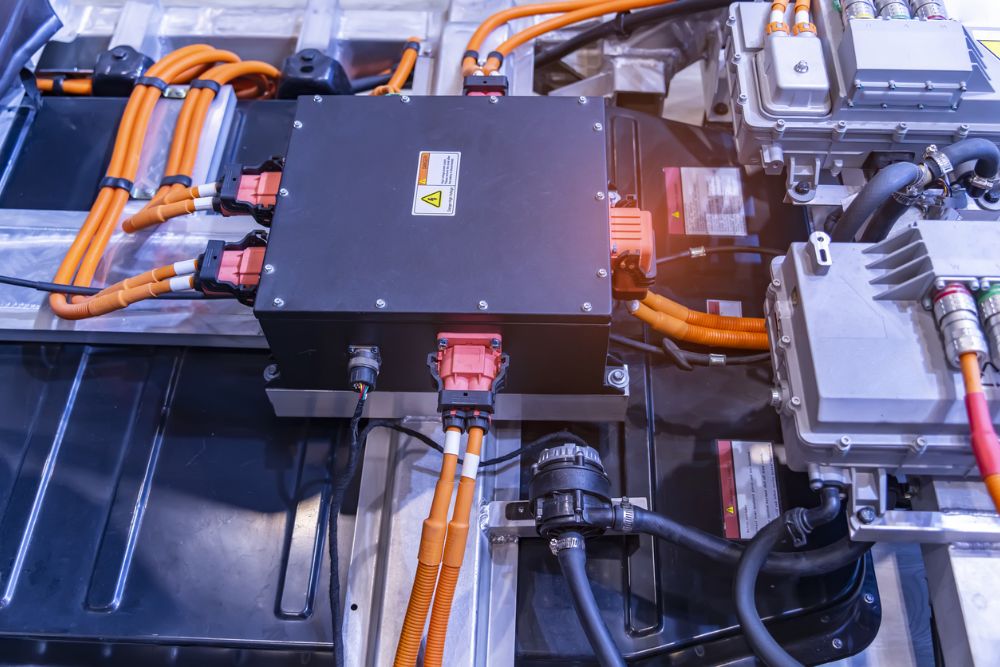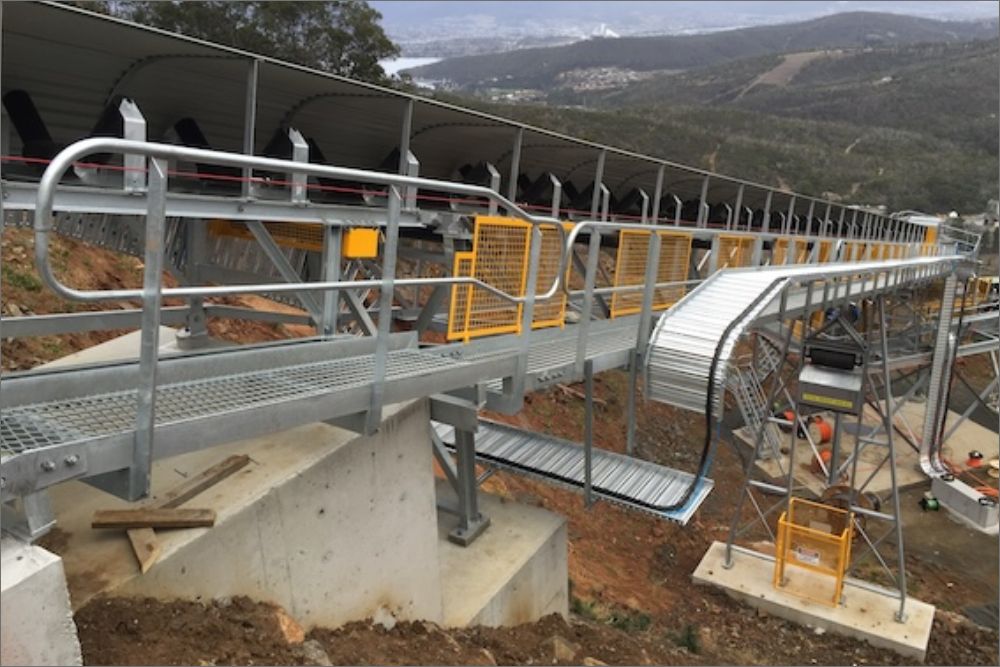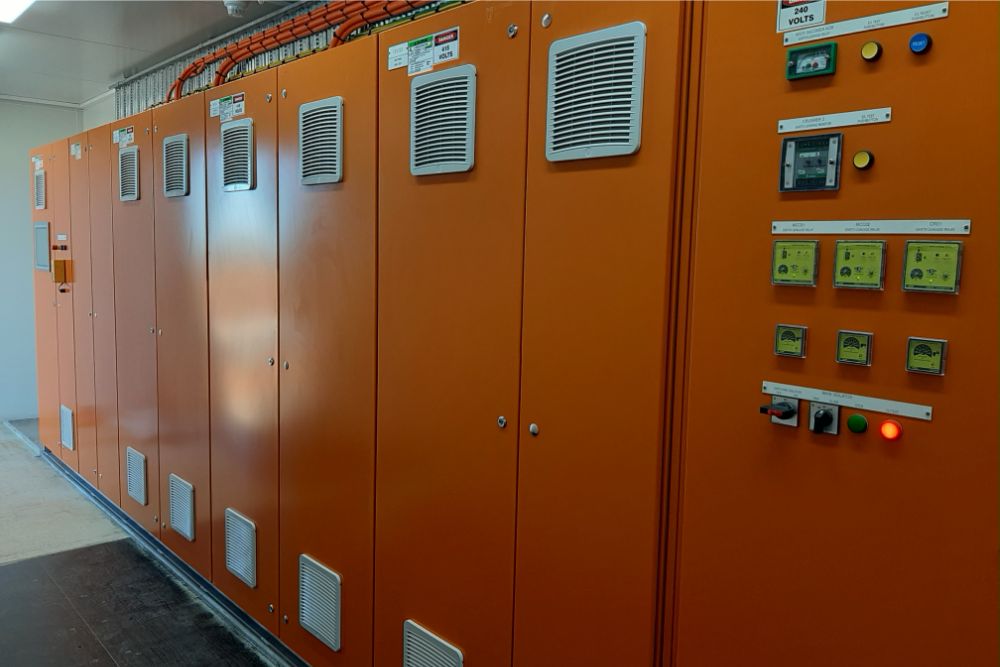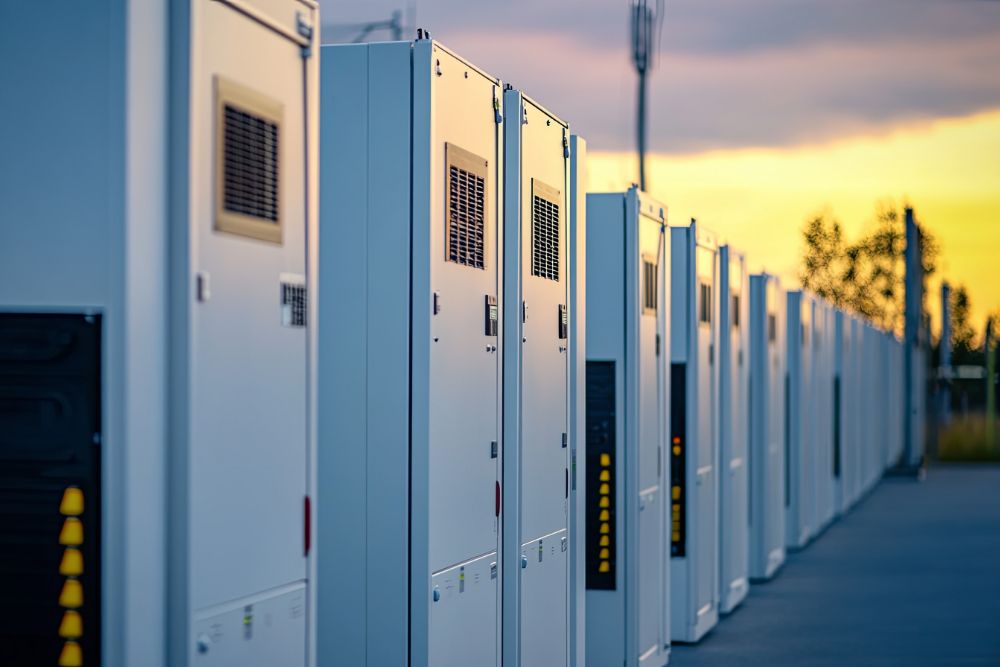
Specialist Electrical Services for Australian Industries
Home /
Manufacturing
Implementing electrical installations across Australia


Mine & Quarries
Designing, installing and maintenance of surface mining and quarrying electrical installations
Industrial & Infrastructure
A wide variety of industrial electrical services


Renewables
Powering sustainable futures with industry-leading renewable energy solutions and expertise.